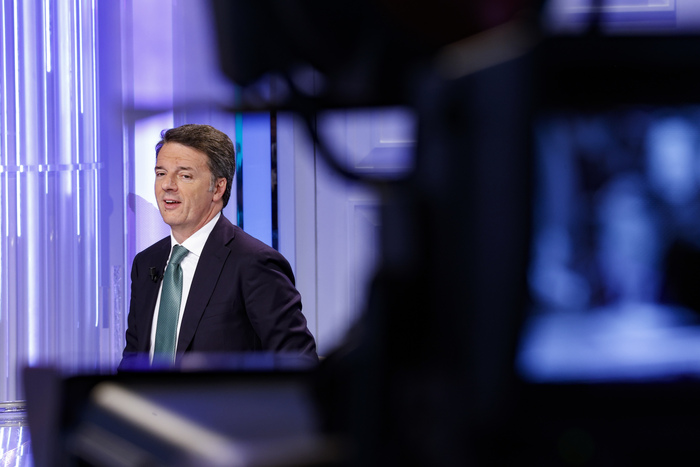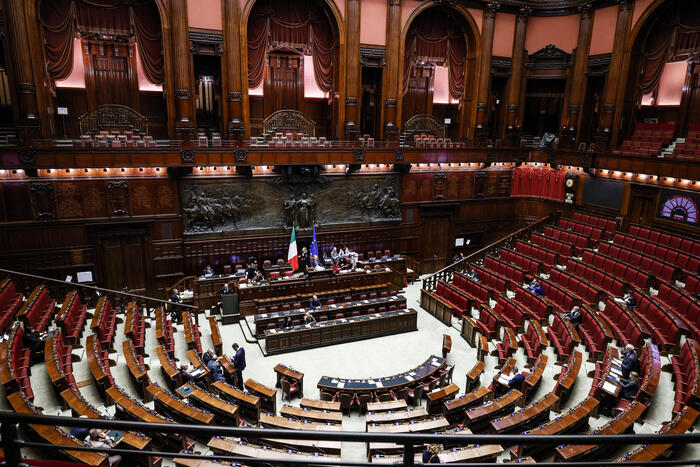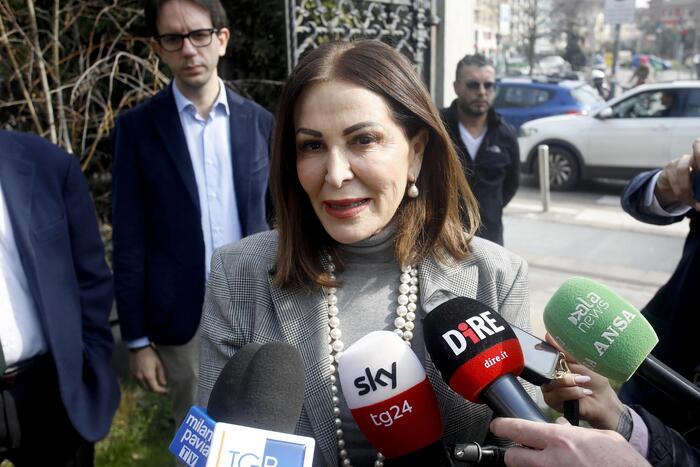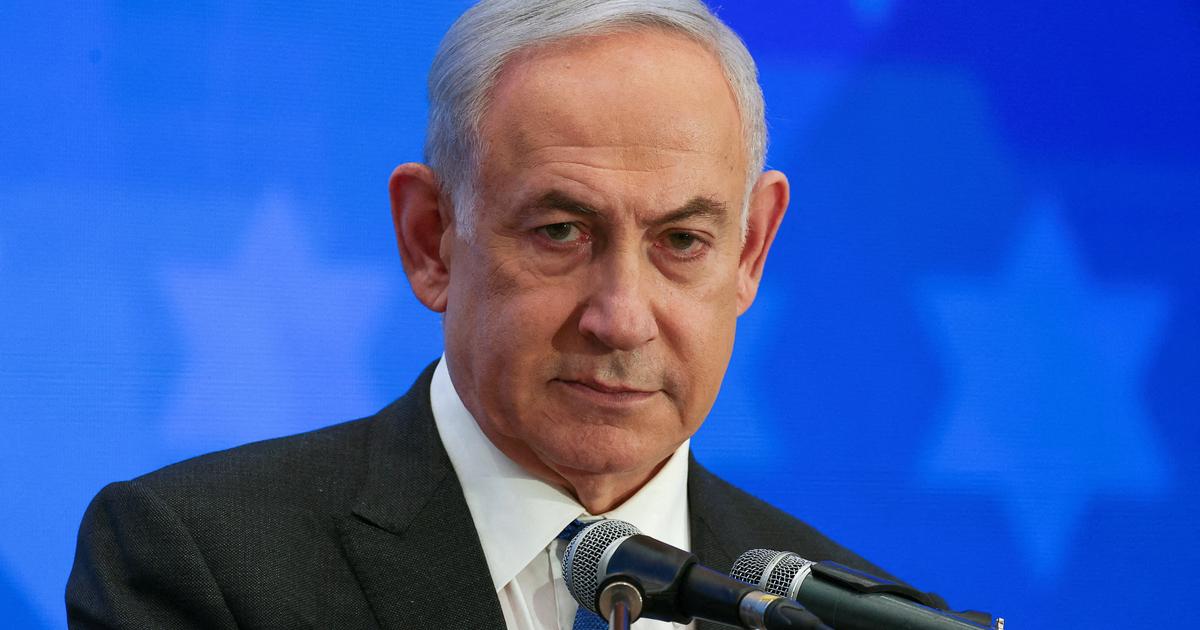This Sunday, the French will choose their deputies.
A vote that mobilizes less and less crowds: in the first round of the legislative elections, less than one out of two registered voters went to the polls, a record.
Abstention is in full swing, even during the presidential elections.
12.8 million French people stayed at home.
In an attempt to clarify what is going on "in the minds of abstainers", the Jean Jaurès Foundation conducted interviews lasting several hours with 36 people who did not vote in the 2022 presidential election. the paths that lead to abstention show that the phenomenon is not limited to “disinterest”, quite the contrary.
Read alsoRecord abstention in the legislative elections: should we blame the millions of French people who did not go to vote?
"Contrary to popular belief, abstention is not the marker of a lack of interest in politics but above all testifies to a feeling of disconnection from the political class", summarize Raphaël Llorca and Laurence de Nerveaux, the authors of the survey carried out with Kantar Public France from May 19 to 31 and published on June 10, 2022.
These key abstainers selected according to their profile, from the “liberal optimist to the identity through the resigned militant”, exposed their reasoning in interviews by group of six in a relatively free format.
“The study shows the diversity of relations to abstention.
Some are in a form of abstention-sanction linked to the presidential campaign and promise to vote in the next elections.
Others testify to a withdrawal from public life, and a refocusing on the intimate, the cocoon.
Their logic is:
the world is not interested in me, I am not interested in him,”
explains Raphaël Llorca.
Disconnection, trust… and administrative procedures
Four major families of explanations have caught the attention of analysts.
All demonstrate what is perceived as a dysfunction of the system.
First, there is the loss of faith in politics.
“It's the feeling that the vote is pointless, that the candidates can't do anything.
It varies according to the profile”, begins Raphaël Llorca, member of the Observatory of the opinion of the Jean-Jaurès Foundation and co-author of the survey.
Some see it as the weight of lobbies, others Europe.
"We also find a lack of proximity with elected officials, a form of disconnection in ideas and in the presence on the ground", continues the analyst.
Others denounce the proliferation of aggressive statements or the fact that politicians sometimes put on a show: "This does not please the resigned militants but the identitarians are not offended by it", specifies Raphaël Llorca.
Finally, most cite administrative brakes and a degraded relationship with information, even if this phenomenon is not the root of the problem but “an aggravating factor”.
The members of the Jean Jaurès Foundation panel explain that the administrative procedures have weighed down their electoral motivation.
Going to a police station to make a power of attorney is considered intimidating, registering on the lists complex.
“Reports in favor of simplifying the vote are piling up.
Some countries have, for example, automated the change of address for electoral rolls.
Why not us ?
asks Raphaël Llorca.
A track as the abstention promises to be massive this Sunday.








/cloudfront-eu-central-1.images.arcpublishing.com/prisa/FGG3RYX4FGONWMZRVKVKHSU33I.jpg)





